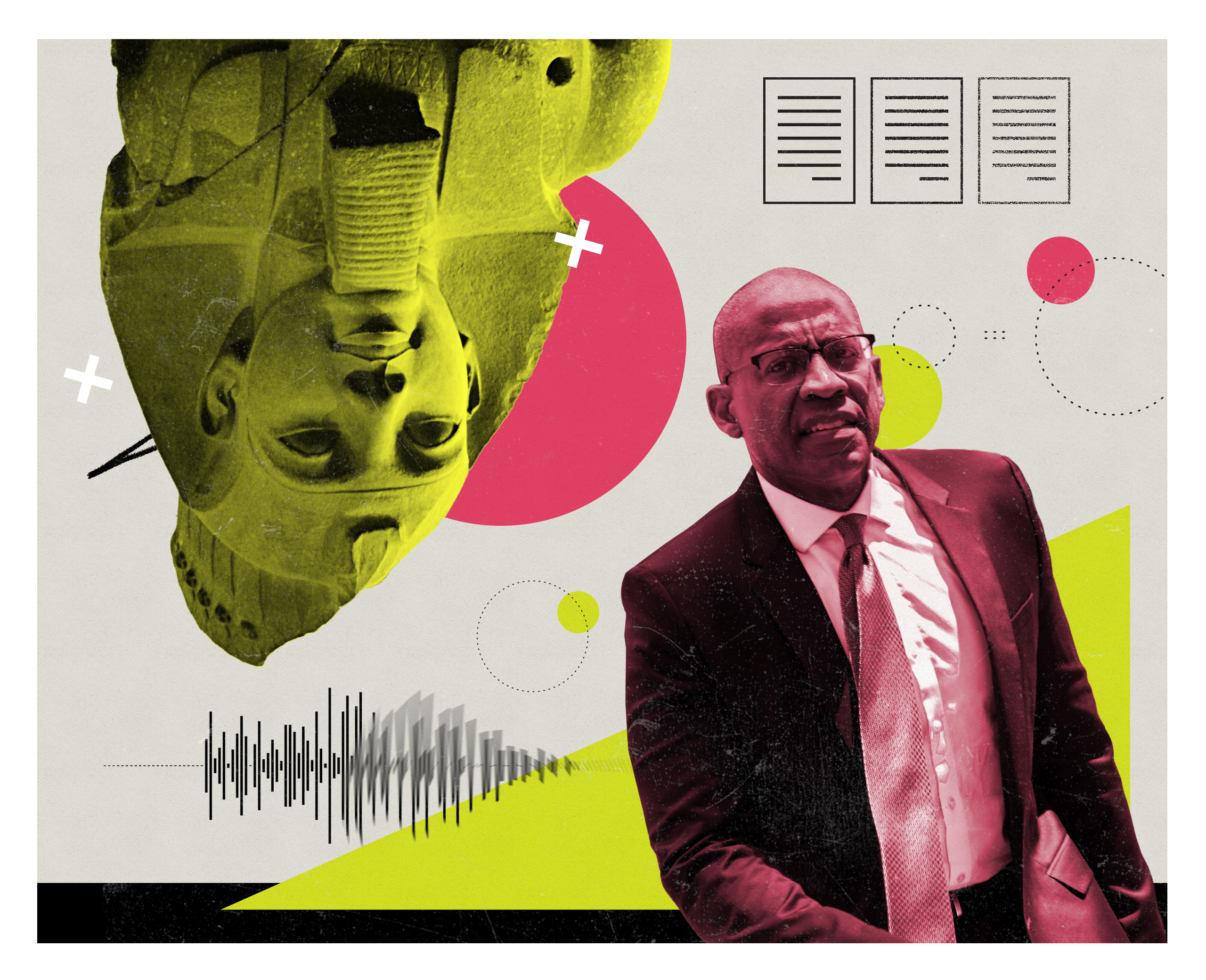Sign up for The Media Today, CJR’s daily newsletter.
For eight weeks this summer, Carlos Watson, the CEO and cofounder of the digital media company Ozy, stood trial in a federal courthouse in Downtown Brooklyn. Watson was accused of wire fraud and identity theft for his role in what prosecutors said was a yearslong scheme incorporating forged contracts, fake revenue data, and the impersonation of an executive from YouTube. In July, he was convicted on all counts. (Listen to our three-part series on the case, “The Unraveling of Ozy Media,” wherever you get your podcasts.)
Watson has been defiant in his rejection of the charges against him. He repeatedly argued in public statements that the prosecution was racist and selective, and mounted a furious public relations campaign against the case and the judge. In court, his lawyers argued that any illegal actions had been carried out by his deputy, Samir Rao, without his knowledge. (Rao took a plea deal, and testified extensively against Watson. During the sentencing hearing, the judge dismissed the idea that Rao was some “rogue agent” as “far-fetched.”) On the stand, Watson insisted that anything he did was aboveboard and well-intended.
On Monday, Watson appeared in court once more, for the final day of his sentencing. He was dressed in a dark suit with a light purple shirt. When the judge offered him an opportunity to speak, he initially turned to the gallery and addressed his family and friends, thanking them for coming out to support him—until the judge asked him to speak to the court instead. Still, his message seemed to be largely for public consumption: he repeated his oft-stated view that the prosecution felt like “a modern lynching,” comparing it to what Nelson Mandela went through. In the end, he was sentenced to nine years, eight months. (Sentencing guidelines called for between about twenty-three and twenty-nine years; prosecutors had asked for seventeen.) He was ordered to surrender in late March.
As my cohost Susie Banikarim noted in the third and final episode of our podcast, Watson’s failure to come up with anything to apologize for always seemed to be a strange tactic: “I did wonder, just from a strategic perspective, if during his testimony he had shown some measure of accountability, some humility, some acknowledgment that at some point this thing spun out of his control—it would have been closer to reality, but also it might have played better with the jury.” The judge, Eric Komitee, said something similar, before announcing the sentence. “The quantum of dishonesty in this case was exceptional,” he said. “I don’t see any reason why, as soon as you were able to, that you wouldn’t simply repeat the behaviors that led us to this point.”
Indeed, even after his conviction, Watson had not stopped fighting what he sees as the systemic and widespread injustices wrought on him. In mid-November, his PR team released a seventy-minute film on YouTube claiming (not for the first time) that the judge should have been disqualified from hearing the case because of investments he supposedly held with some of the companies identified by the government as victims. The film also presented a former juror who described feeling pressured by others on the panel to find Watson guilty. (Legal motions seeking a retrial based on these concerns were rejected by the judge prior to sentencing, but could be fodder for future appeals.)
Watson’s team also repeatedly shopped around for someone willing to do an interview with him, eventually landing a short article in Inc., published on the eve of the sentencing. In it, Watson said, “It’s possible that I’m as bad as they say. But if I’m not, what do you think they’re doing to all the other Black-owned mom-and-pop companies?” Never mind that other leading Black media figures have largely rejected this take. (“What you just heard was absolute, complete bullshit,” is how Roland Martin put it last year.) Late last week, Watson sat on a couch with his old friend and barber Anthony Hamilton for an hour-long Instagram Live in which he proclaimed that the media had participated in a “conspiracy of silence” over his treatment in the case.
Of course, we repeatedly tried to engage Watson and members of his legal team throughout the trial and during the development of our podcast, which took several months. Both of us also spoke to him at court. Ultimately, we sent a detailed list of questions and claims to his spokesman ahead of publication, which his team did not engage with in substance.
Toward the end of his remarks to the court on Monday, Watson did seem to briefly catch himself. “I’m not saying for two seconds that I’m perfect,” he said. “I’m clearly saying that I made mistakes. I’m very, very sorry that so many people were hurt—including myself.”
Has America ever needed a media defender more than now? Help us by joining CJR today.



